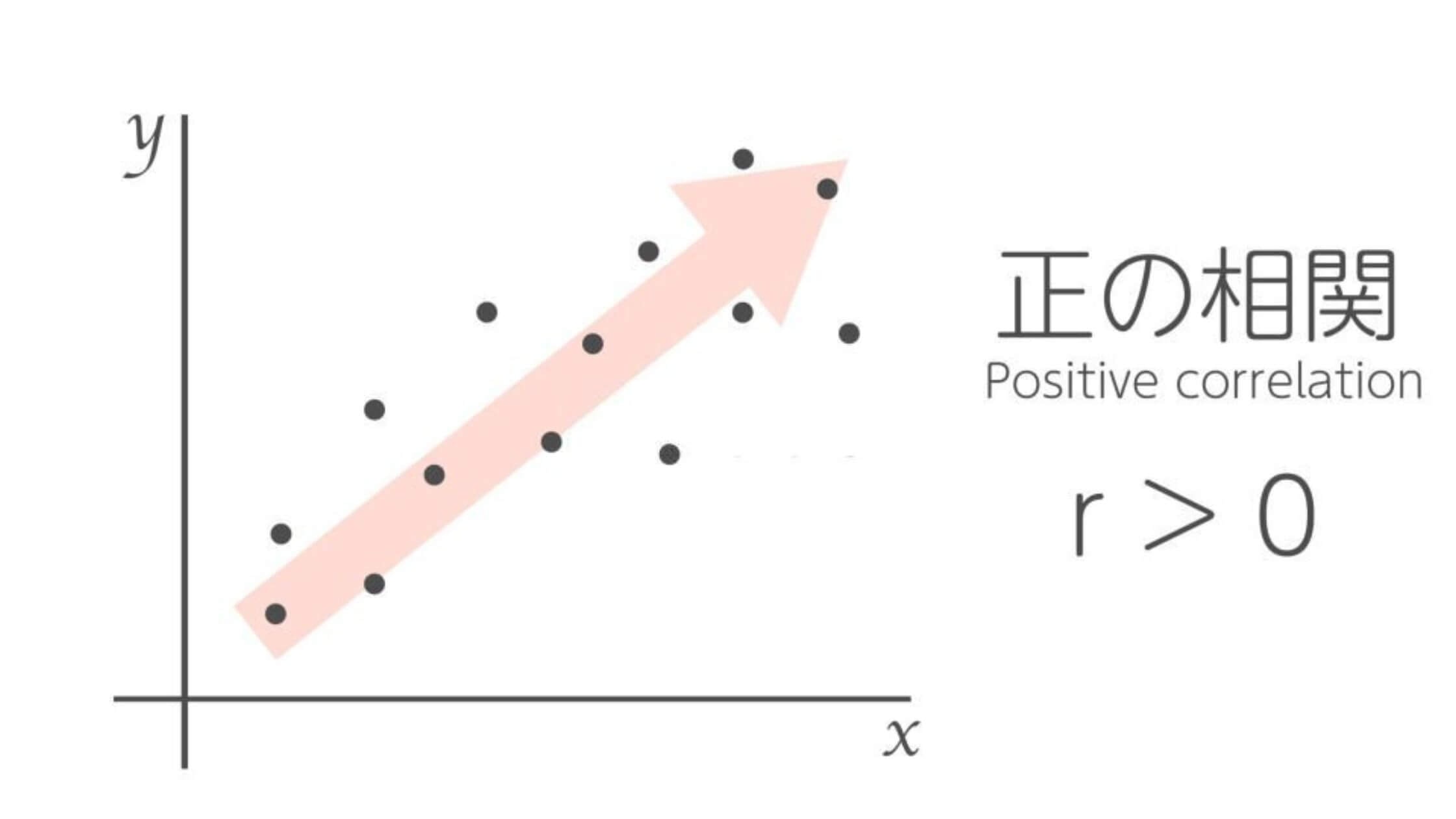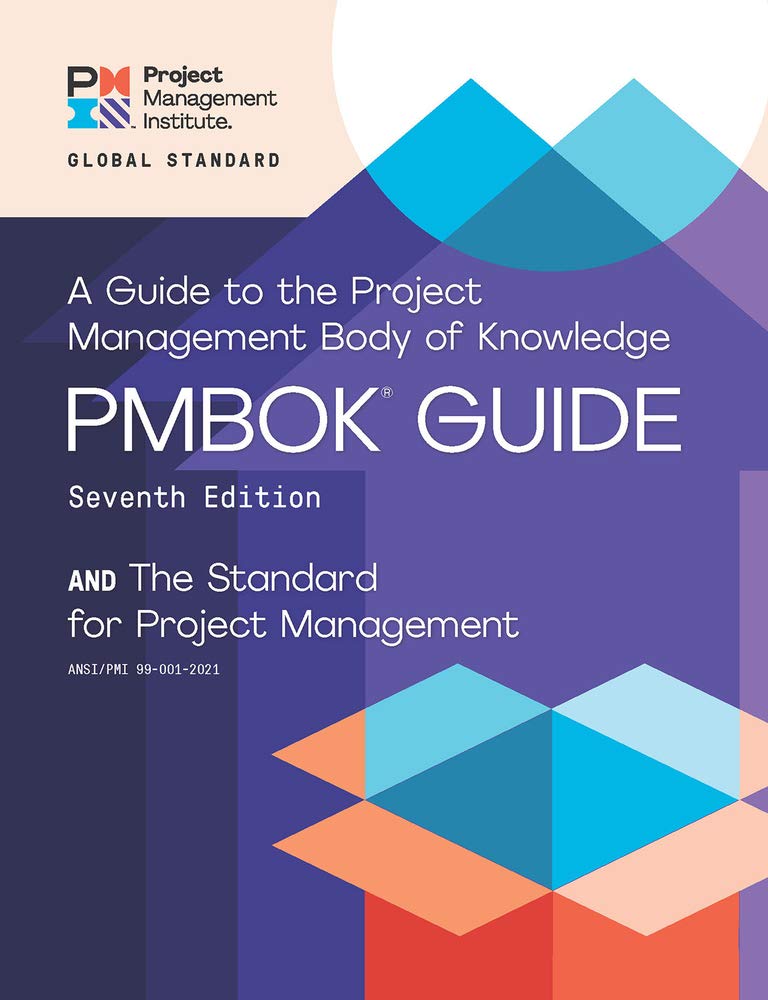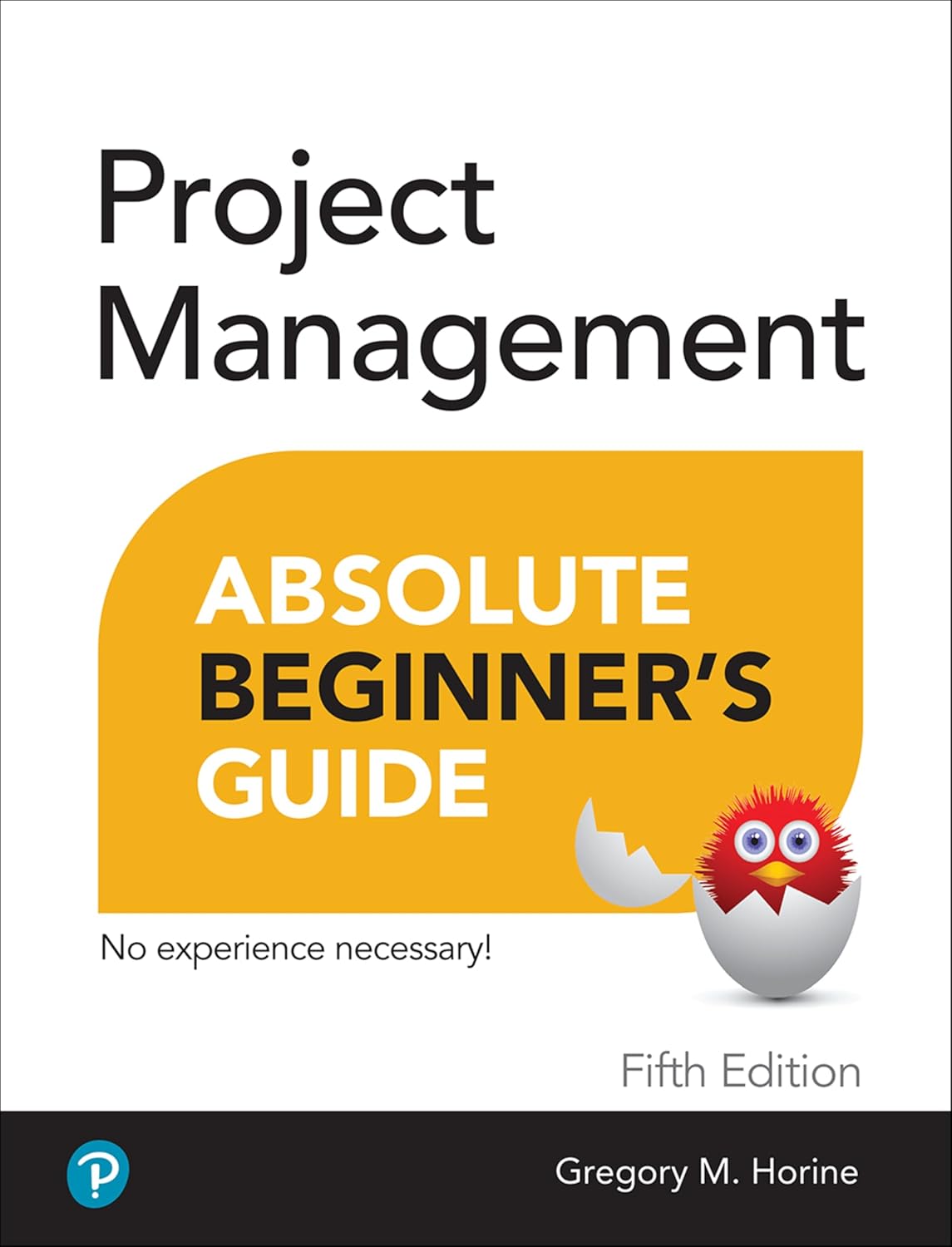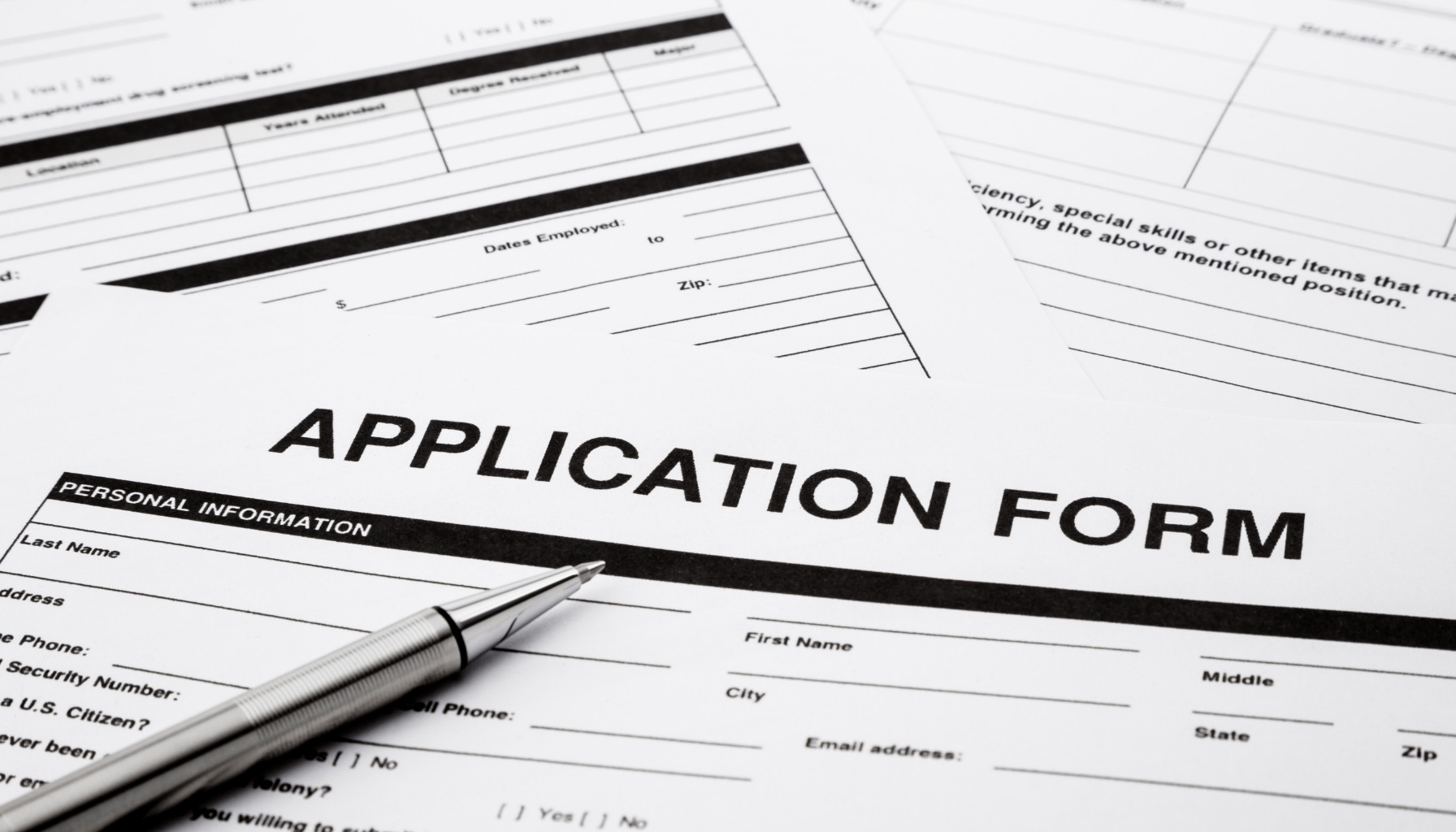
Project Manager
What is a Project Manager?
A project manager is a professional responsible for planning, executing, and closing projects. This individual ensures that a project meets its goals within the set time, budget, and quality standards. They lead the project team, coordinate resources, and communicate with stakeholders to keep the project on track. This role is applicable across various industries, including construction and engineering, healthcare, and information technology. The responsibilities may vary by field, but the core function remains to guide a project from initiation to completion.
Key Points
- They oversee all phases of a project lifecycle: initiation, planning, execution, monitoring, and closing.
- They define project scope, develop schedules, allocate resources, and manage budgets.
- Strong communication skills are essential because they enable a project manager to report to stakeholders and manage team dynamics effectively.
- Risk management is a key responsibility that involves identifying and mitigating potential project obstacles.
- They often use project management tools and software to track progress and ensure timely delivery.
Related Terms
- The project team refers to the group of individuals who carry out the tasks required to complete the project under the direction of the project manager.
- A project charter formally authorizes the existence of a project and gives the project manager the authority to apply organizational resources.
- Scope management involves a project manager defining and controlling what the project encompasses and what it does not.
- Stakeholder management is a crucial process through which the project manager engages and communicates with all individuals who are affected by the project.
- A work breakdown structure (WBS) is a tool often created by the project manager to break the project into smaller, manageable parts.
Project Manager: Example
In a software development company, a project manager leads a team to build a new mobile application. They create a detailed project plan outlining deliverables, deadlines, and budgets. Throughout the project, they coordinate between the developers, designers, and client, adjust plans when requirements change, and ensure the final product is delivered on time and within budget.
Project Manager: Best Practices
- Set clear goals and communicate them effectively to all team members.
- Use project management tools to monitor progress and identify issues early.
- Maintain regular communication with stakeholders to manage expectations.
- Encourage collaboration and resolve conflicts promptly within the team.
- Continuously assess risks and adjust plans as needed to avoid delays or budget overruns.
Additional Resources
Preparing for a PMI certification?
- Exam Prep Courses: PMP®, CAPM®, and PMI-ACP®
- Exam Simulators: PMP®, CAPM®, PMI-ACP®, PMI-PBA®, PMI-RMP®, PMI-SP®, PgMP®, and PfMP®
- Professional Development Units (PDUs): 15, 30, and 60 PDU Bundles




